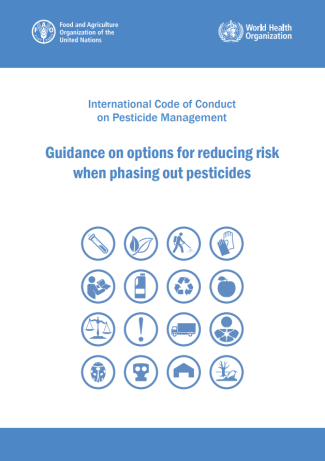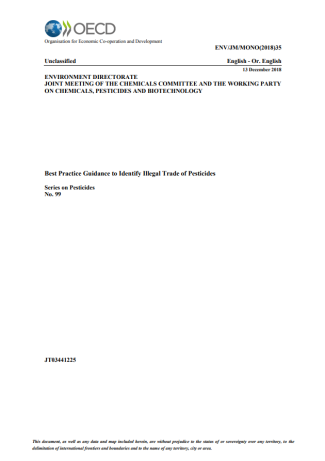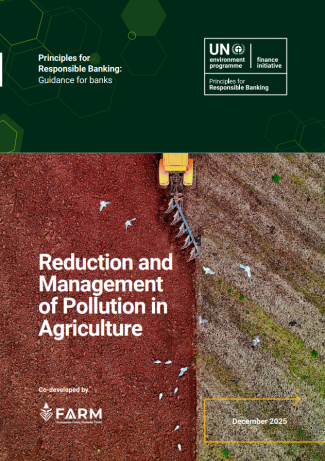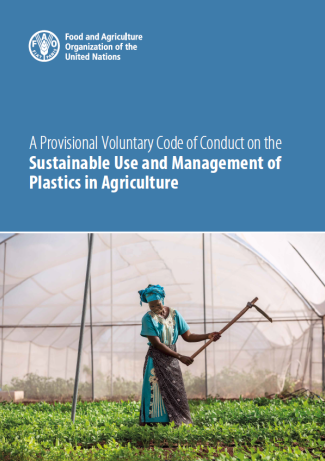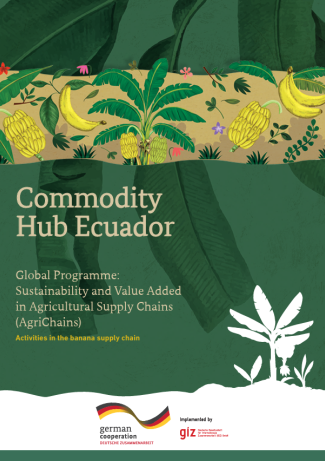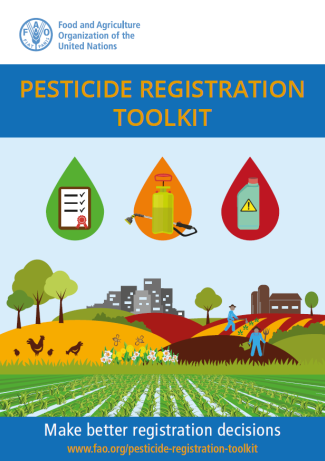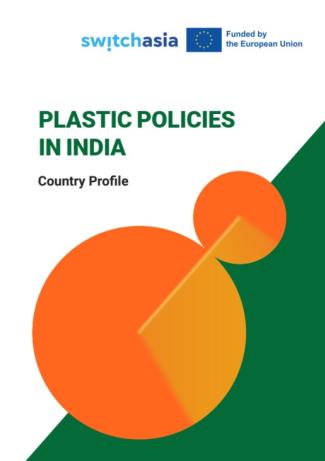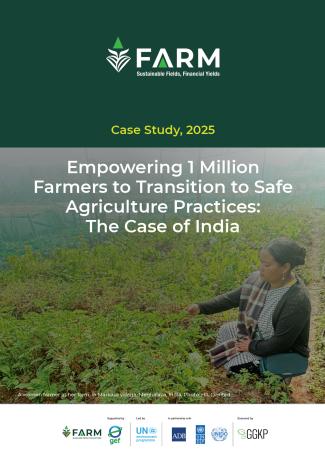
Financing Agrochemical Reduction and Management (FARM) Programme
On 12 March, the governments of Ecuador, India, Kenya, Lao PDR, Philippines, Uruguay, and Viet Nam launched the Financing Agrochemical Reduction and Management (FARM) Programme, which aims to catalyze a framework for regulatory and financial investment to detoxify the agriculture sector. FARM is led by the UN Environment Programme, supported by the Global Environment Facility, and implemented by the Asian Development Bank, UNDP, and UNIDO with execution carried out in country by FAO and relevant country institutions. The global child project is executed by the Green Growth Knowledge Partnership (GGKP).
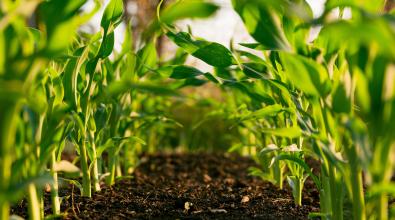
Join the FARM Community
FARM seeks to reduce the use of harmful pesticides and plastics in agricultural production and encourage the adoption of low and non-chemical alternatives. It pursues this through three pathways:
- Policy and enforcement
- Financing and investment
- Knowledge sharing and value chain engagement
The FARM Green Forum Group is intended to connect those interested in FARM's objectives and be a space for interaction, collaboration, and learning.
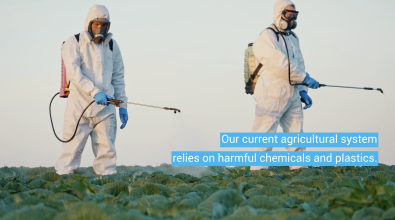
Click to view the FARM film
Check out the new short film introducing the Financing Agrochemical Reduction and Management (FARM) programme.
Chemicals play a crucial role in farming, with nearly 4 billion tons of pesticides and 12 billion kg of agricultural plastics used every year. But, despite their benefits for food yields, these chemicals pose significant risks to human health and the environment. As many as 11,000 people die from the toxic effects of pesticides annually, and chemical residues can degrade ecosystems, diminishing soil health and farmers’ resilience to climate change. The opening burning of agricultural plastics also contributes to an air pollution crisis that causes one in nine deaths worldwide.
The governments of Ecuador, India, Kenya, Lao PDR, Philippines, Uruguay and Viet Nam have come together to launch a $37 million initiative to combat pollution from the use of pesticides and plastics in agriculture,
The FARM programme is led by the UN Environment Programme (UNEP) with financial support from the Global Environment Facility (GEF), is elaborating the business case for banks and policy-makers to reorient policy and financial resources towards farmers to help them adopt low- and non-chemical alternatives to toxic agrochemicals, and facilitate a transition towards better practices.
The Global Environment Facility (GEF)-funded Financing Agrochemical Reduction and Management (FARM) Programme is a five-year, $37-million project, with an additional $ 342 million in co-financing. Its objective is to catalyze a framework for regulatory and financial investment to detoxify the agriculture sector by eliminating the use of the most harmful inputs to food production systems. FARM has a particular focus on leveraging finance from public resources and the financial sector, and aims to align policy, enforcement, and finance towards the environmentally sustainable management of pesticides and agricultural plastics.
Browse Latest Knowledge
